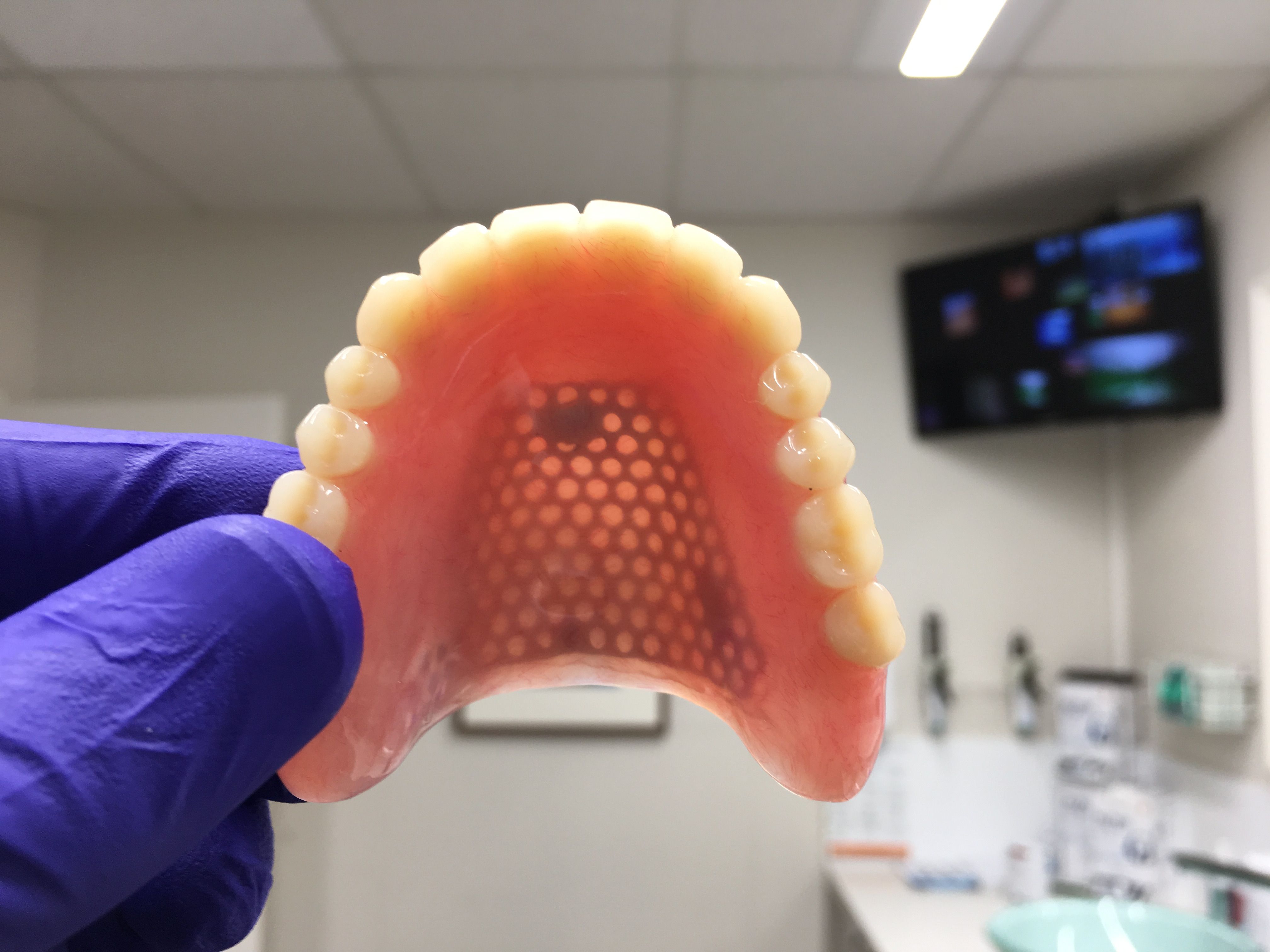Complete or partial adentia is a real problem, because the loss of teeth not only makes you uncomfortable when interacting with others, but also has a great impact on your health. Even if you are missing a large number of teeth, you can restore the aesthetics and functionality of your dentition. And we will tell you why you need to recreate your teeth and what techniques are available.
Why do missing teeth need to be restored?
Many systems are responsible for the excellent functioning of our body and they are all interconnected. Therefore, the failure of one organ leads to problems with the rest. Losing a large number of teeth can have serious consequences if you choose to leave it alone.
What happens when teeth are missing?
- Bone tissue loss. The bone in the place of the lost tooth does not receive the same load and gradually decreases in volume.
- Gastrointestinal problems occur. Due to the lack of many teeth, you cannot chew your food properly. Therefore, it is more difficult for the stomach to cope with it
- There is discomfort in socializing. You are constantly hiding your smile from others, trying not to let anyone notice the lack of teeth.
- The facial oval changes. Loss of bone tissue and improper distribution of chewing load lead to changes in the shape of your face, the lower jaw visually decreases.
Ways to restore missing teeth
Losing a few teeth is no reason to be upset and say goodbye to a beautiful smile forever. There are several types of dentures that can restore the function and aesthetics of missing teeth. Each case is considered individually, which allows specialists to choose the right treatment method for the patient.
There are several techniques used in dentistry to restore teeth. You can read about them below. And to choose the appropriate method of prosthetics and to regain the joy of eating and free communication – contact our specialist.
Implantation
Implantation is currently the only way of restoring missing teeth and giving you the feeling of your own teeth. This procedure involves placing an implant into the bone of the jaw. Once the titanium base has engrafted, a crown is attached and your tooth is fully restored.
Benefits of implants
- Gives you the feeling of your own teeth. The implant completely replaces the root of the tooth and fulfills all of its functions. The implant crown feels almost like your own tooth, and thanks to the skill of our specialists, the prosthesis looks great in the dentition.
- Restores chewing function. An implant-supported denture does not come off or move when chewing food. Our specialists use the most reliable methods of fixation – screws or dental cement. Once the prosthetic structure is fixed, the functionality of your teeth is fully restored
- Recreates a missing tooth for the rest of your life. The titanium base becomes one with the bone of your jaw. Clinics use implants with a high percentage of osseointegration (Nobel Biocare, Alpha-Bio, Implantium). After engraftment, the titanium root will not fall out or collapse

In the absence of a large number of teeth, the method in which each tooth is separately recreated on the implant is not suitable, so the All-on-4 technology is used. In this case, several implants are placed, which serve as the basis for a fixed prosthesis. This method is less traumatic and allows you to restore lost teeth without additional operations to replenish bone tissue.
Crowns and bridges
If a large number of teeth have been destroyed, they can be restored with single crowns or bridges. Of course, this method requires certain conditions to be met. At the very least, there must be enough tissue for the denture to fit. In case of complete absence of a tooth for fixing the crown will require preliminary surgery to install an implant.
In dentistry, crowns and bridges are made of ceramic and zirconium dioxide. These materials allow you to accurately reproduce the structure of real teeth. When creating prosthetic constructions our specialists use CEREC hardware complex, which increases the accuracy of crowns and bridges creation. The finished structures are indistinguishable from your own teeth. Once the prosthesis is in place, the functionality and aesthetics of your teeth are fully restored. You look and feel your best.

Removable dentures
Removable dentures are one of the easiest ways to quickly restore the dentition in cases of complete adentia. Dentures are made from impressions of your jaw to ensure a comfortable fit. There are several options for the attachment of the structure, your dentist will recommend the most suitable one based on the clinical picture.
If all teeth are missing, appliances are used that are cemented to the jaw. If there are at least a couple of teeth, another fixation option is suitable – the denture is attached to the supporting teeth with hooks or clasps.
What are the benefits of removable dentures?
- Quickly restores all teeth at once. Once you put the denture on, your teeth are fully restored. However, you will need to spend some time learning how to put them on. In addition, the denture may rub on your gums at first and may take some getting used to
- Stable on the jaw. Dentures are quite strong, but of course they are no match for your own teeth. During communication and eating, the structure may shift around
- They look like your own teeth. Modern removable structures well convey the aesthetics of living teeth, the base of the prosthesis merges in color with the gums.
Unfortunately, removable dentures can come off and move around on the jaw (in the case of suction dentures). If you need a more secure fit, you should consider other types of dentures to restore your teeth.

Removable dentures are used if there are no teeth left at all and you have contraindications to other types of prosthetics. They can also be used when implants are placed as temporary implants.
It is possible to have a beautiful smile and feel the joy of eating even if you are missing a lot of teeth, because there are many ways to correct this situation. Make an appointment with your dentist, and he or she will choose the best way to recreate lost teeth based on your preferences and clinical picture.




